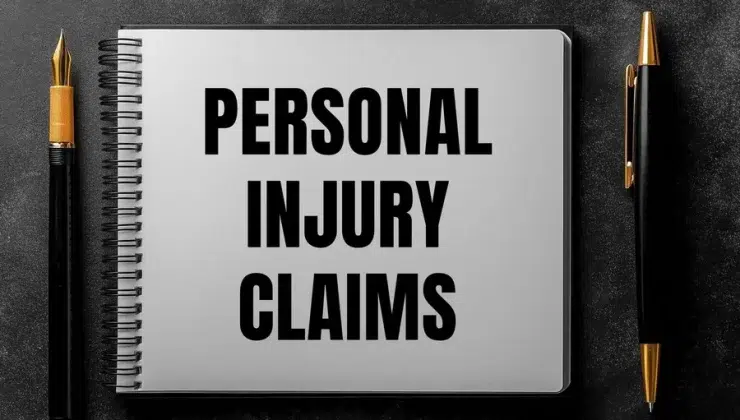How the IRS Treats Personal Injury Settlements and What It Means for You

So you’ve finally settled your personal injury case. After all the doctor’s appointments, insurance calls, time off work, and just plain stress, the money’s coming through. That alone feels like a weight lifted off your shoulders. But then, another question sneaks in, and you start wondering if you’re going to owe taxes on this.
Honestly, it’s a fair question. Because the last thing anyone wants after everything they’ve already gone through is a surprise letter from the IRS.
This is where a lot of people start digging for answers or just call up a lawyer who’s been through it all a hundred times before. A good option would be Jacoby & Meyers auto accident lawyers, who not only fight for fair compensation but also help make sense of what you’re actually walking away with.
What’s Tax-Free (and Why)?
Let’s start with the good news. If your settlement is tied to physical injury or illness, that part is usually tax-free. So if you broke your leg in a crash, had surgery, or needed medication or physical therapy, the money meant to pay for that is yours to keep without having to report it as income.
The IRS sees this as a way of making you whole. You’re not gaining anything. You’re just being put back (financially) to where you were before the accident. So they don’t treat it like a paycheck or business income. No tax.
That includes reimbursements for hospital bills, prescriptions, doctor visits, rehab, and even related travel costs in some cases. So long as the funds are linked to personal injury, you’re pretty much in the clear.
What Might Be Taxable?
You should know that some chunks of a settlement can be taxed, depending on what they’re for.
Here are some aspects that you might have to remit taxes to the IRS for:
Lost Wages
If part of your settlement covers the income you missed because you couldn’t work, that money might be taxed. The reason for this is that if you had earned it normally through your job, it would’ve been taxed. The IRS sees it the same way; it’s still compensation for work, even if it comes through a legal case.
Emotional Distress Without Physical Injury
This one gets confusing for a lot of people. If you’re getting money for emotional distress, anxiety, or other psychological impacts, but there wasn’t a physical injury involved, then the IRS may count that as taxable income.
But if the emotional pain came because of a physical injury, that’s a different story. It’s usually treated the same as the injury itself and may not be taxed. So the source of your stress matters, at least when it comes to your tax return.
Interest on the Settlement
If your case dragged on for a while and the final amount includes interest (like when the other side is forced to pay you extra for the time they held onto the money), the IRS wants their share of that interest. It’s basically seen as interest from a bank account, so it’s taxable.
Punitive Damages
Punitive damages are rare, but when they show up, they’re usually taxable. These funds are not meant to compensate you or help make you whole; rather, they’re for punishing the person or company that caused the harm.
Since it’s not tied to your medical bills or emotional hardship, the IRS treats it more like a financial win and takes its cut.










